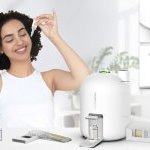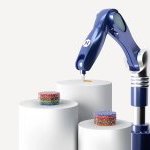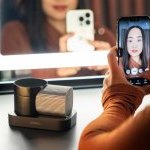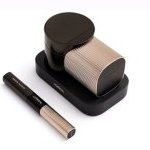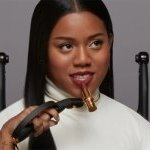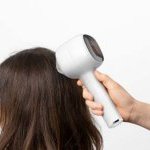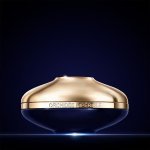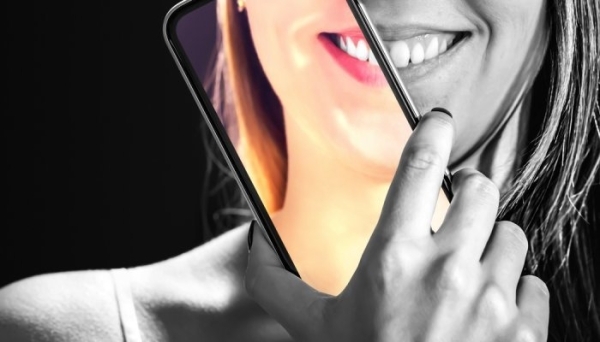
The Consumer Electronics Show (CES) ended on Sunday, January 8 in Las Vegas, after having presented to nearly 125,000 visitors all kinds of gadgets and high-tech innovations in various and fields. If mobility and screen-based devices were among the most highlighted fields, the beauty industry was not outdone, with innovations focused on personalization and inclusivity.
Bespoke skincare at home
Skincare has been booming since the start of the pandemic, with a focus on personalization and accessibility. The goal? To allow as many people as possible to pamper their skin at home by responding to specific, individual needs. This is increasingly made possible by artificial intelligence, which has been reshaping the beauty industry for several months.
The Cosmechip device from the South Korean group Amorepacific, for example, lets home users concoct entirely personalized treatments thanks to a little water and various Active-Chips, containing ingredients tailored to specific skin issues. And this all happens in a single step, since all you have to do is insert the chip into the device and the ingredients will mix with water to form a treatment product ready to be applied to the skin. In addition to personalization, the device allows you to obtain fresh – and therefore effective – skincare products without having to worry about shelf-life.
For its part, also with the help of artificial intelligence, L’Oréal presented Brow Magic, an applicator allowing personalized eyebrow makeup, in a few seconds, at home.
Bespoke makeup
Amorepacific also introduced Tonework, a science-led bespoke makeup brand that empathizes individuality and allows customers to find their ideal makeup colour through the Authentic Color Master algorithm.
This AI driven algorithm performs precise colour analysis in 3,448 areas of the face, with emotion recognition. The service collaborates with the Tonework Alchemist, a fully automated multicategory cosmetic manufacturing device, to rapidly produce various personalized products.
Tailor-made food supplements
After the personalized 3D printed sheet masks launched in 2019, and a skin analysis app launched in 2020, Neutrogena continues to explore the potential of personalization in cosmetics.
This year, the Johnson & Johnson group brand thus introduced, in partnership with personalized supplements specialist, Nourished, a range of 3D printed gummies tailored to the nutrient needs of each individual’s skin.
A smart makeup applicator
L’Oréal also presented an applicator that can mimic the movements of a makeup routine to help those who cannot apply lipstick or mascara. Dubbed HAPTA, this smart, portable applicator is intended for people with limited arm or hand mobility. Featuring a 360-degree swivel magnetic attachment with 180-degree flexibility, the device stands out for its ability to mimic the different actions of a beauty routine via customizable accessories. This can range from handling packaging to the precise application of a product such as mascara or lipstick, for example, L’Oréal says. Currently, in development, the applicator will be launched by Lancôme, one of the group’s brands, sometime in 2023.
Haircare analysis
After skin shade analysis, L’Oréal has introduced its Hair Reader, a hair colour evaluator, which analyses the client’s hair, measuring factors that influence the effectiveness of hair dyes, including hair colour, grey percentage, length, and density.
Portfolio

